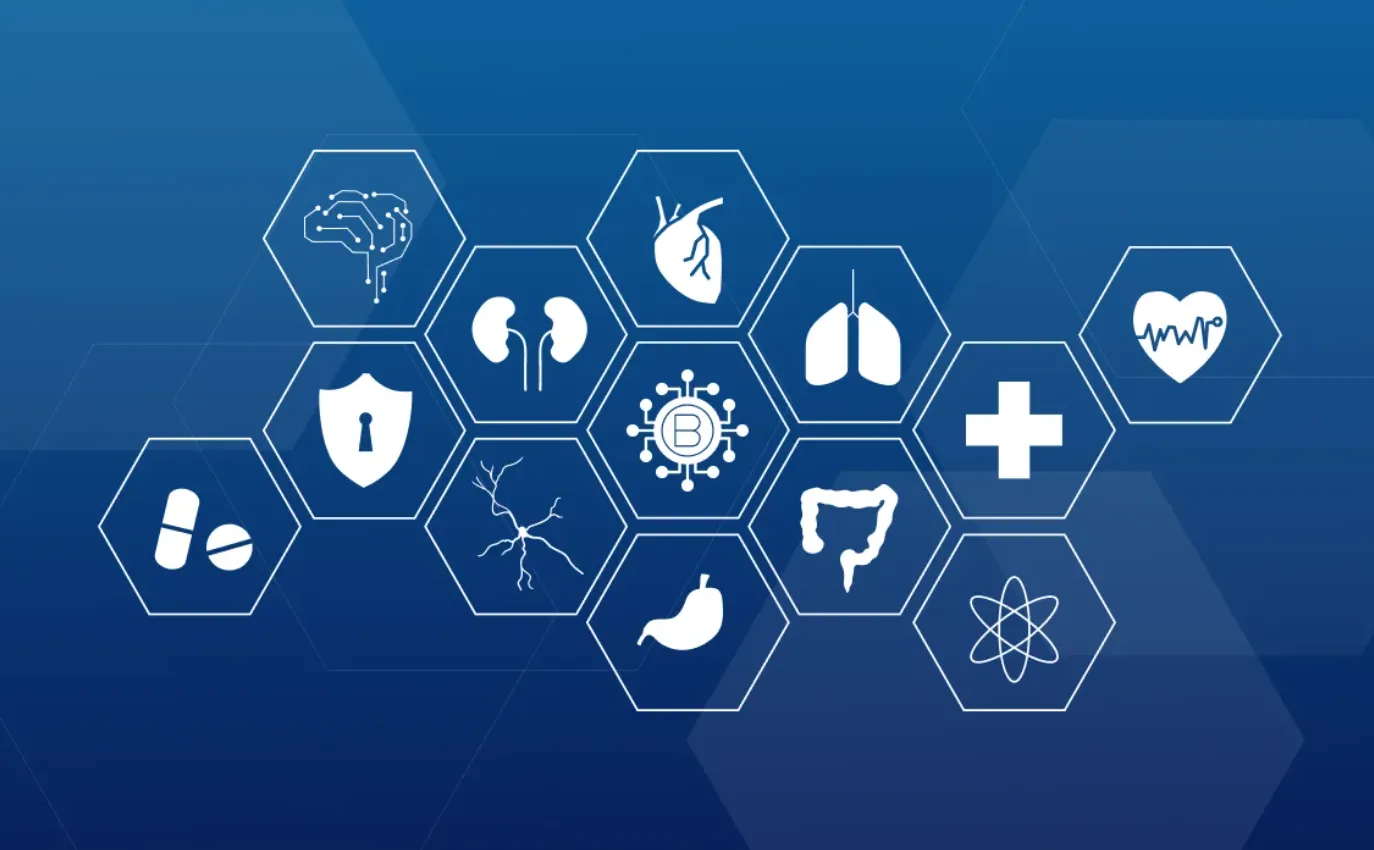Improving healthcare with TON: Blockchain applications in medicine
Introduction
The rapid advancement of technology has paved the way for groundbreaking improvements in virtually every industry, and healthcare is no exception. In recent years, various blockchain solutions have emerged to address some of the most pressing challenges in medical services, such as data security, interoperability, and patient empowerment. Among these innovative platforms, TON stands out for its adaptability and robust infrastructure. By integrating TON in healthcare, institutions are poised to deliver more transparent, patient-centric experiences. From enhancing the accuracy of patient records to streamlining drug supply chains, this blockchain-based approach has the potential to revolutionize current healthcare systems.
Challenges in modern healthcare and the role of Blockchain in solving them
Modern healthcare systems face numerous hurdles, including fragmented medical records, rising operational costs, and the constant threat of cyberattacks. Insurance fraud, identity theft, and unauthorized data manipulation are also significant problems that hinder patient trust and inflate healthcare expenses. TON’s role in pharmaceutical tracking addresses these challenges by offering a secure, decentralized environment that eliminates single points of failure. With blockchain’s immutable ledger capabilities, medical institutions can more easily verify patient data, track clinical trials, and ensure transparency in transactions. By adopting blockchain technologies, healthcare providers stand to improve efficiency, reduce errors, and enhance overall patient satisfaction.

How TON supports healthcare innovation
Innovation in healthcare is increasingly centred around data-driven insights and collaborative networks. TON enables healthcare stakeholders—such as hospitals, clinics, insurance companies, and research institutions—to exchange critical information swiftly and securely. Through Smart contracts in healthcare, administrative processes become automated, significantly reducing paperwork and bureaucratic delays. These self-executing contracts can manage claims, oversee patient eligibility, and streamline payments. Moreover, the inherent trustless nature of blockchain fosters greater collaboration among multiple entities, ensuring that medical innovations are shared, tested, and scaled more efficiently across various healthcare ecosystems.
Blockchain for medical data and privacy
Patient data is one of the most sensitive forms of information handled by any sector. Traditional systems rely on centralized databases that are susceptible to hacking and unauthorized access. By leveraging Blockchain for medical data, healthcare providers and patients gain access to tamper-proof records, which drastically lowers the risk of data breaches. In this model, each record is secured through cryptographic methods, guaranteeing authenticity and reducing the likelihood of human error. As a result, patient trust grows, facilitating a more open dialogue about healthcare decisions, treatments, and potential clinical trials.
Safeguarding patient data with TON
The security of medical information is paramount for maintaining patient confidentiality and regulatory compliance. TON implements sophisticated encryption protocols to ensure Secure patient data storage, protecting files from malicious alterations or unauthorized viewing. In a decentralized environment, patient information is distributed across multiple nodes, creating a robust firewall against single points of vulnerability. Additionally, patients can grant conditional access to their health records, enabling providers to view only the relevant data needed for diagnosis or treatment. This granular level of control not only safeguards privacy but also promotes a higher standard of care.

Applications of TON in healthcare
From telemedicine platforms to automated billing systems, TON offers a broad spectrum of applications designed to modernize healthcare processes. Hospitals can utilize blockchain nodes to verify patient identities and streamline admission procedures, while research institutions can track clinical trial data in real time. Another powerful application involves Decentralized medical records with TON, where health data is securely stored and instantly retrievable by authorized parties. This seamless exchange of information reduces administrative overhead, improves diagnostic accuracy, and cultivates a more patient-entered approach to healthcare services.
Tracking pharmaceuticals, decentralized medical records, and research
Pharmaceutical tracking is crucial for detecting counterfeit drugs and maintaining a transparent supply chain. TON provides a tamper-proof ledger that ensures drugs can be traced from manufacturers to pharmacies, reinforcing public safety standards. This highlights TON’s role in pharmaceutical tracking, where every transfer or inspection is meticulously documented on the blockchain. Simultaneously, healthcare providers benefit from Benefits of TON for medical research, as decentralized networks facilitate easier data sharing, faster study approvals, and real-time monitoring of clinical trials. These capabilities collectively bolster trust among patients, regulators, and stakeholders by fostering a transparent, accountable environment.
Conclusion
The advent of blockchain technology is reshaping how we approach data security, efficiency, and collaboration in the medical field. As hospitals and other healthcare entities navigate an ever-evolving digital landscape, TON emerges as a foundational tool to enhance transparency, reduce operational bottlenecks, and empower patients. With each successful implementation, healthcare systems grow more resilient, ensuring they are better equipped to tackle challenges and prioritize patient well-being. Undeniably, the Future of blockchain in medicine hinges on continuous innovation, open collaboration, and a steadfast commitment to safeguarding sensitive health data.
How TON is transforming the medical industry
Implementing TON across various healthcare processes paves the way for robust and patient-focused services. By decentralizing vital operations—ranging from medical record management to pharmaceutical logistics—TON eliminates inefficiencies and fosters deeper trust among participants. Real-time monitoring of drug supply chains curtails the entry of substandard products into the market, while automated contract settlements reduce bureaucratic overhead. Ultimately, these improvements create a ripple effect throughout the entire healthcare ecosystem, reinforcing a future where technology and medicine seamlessly converge to deliver higher-quality care and more meaningful patient outcomes.